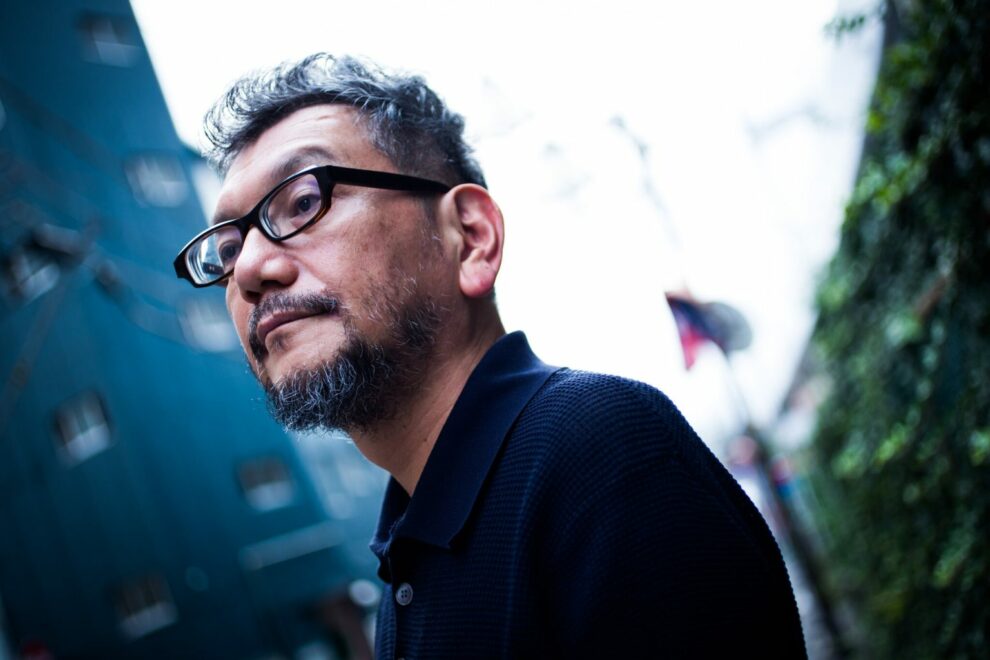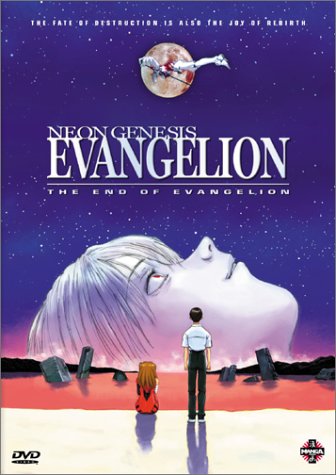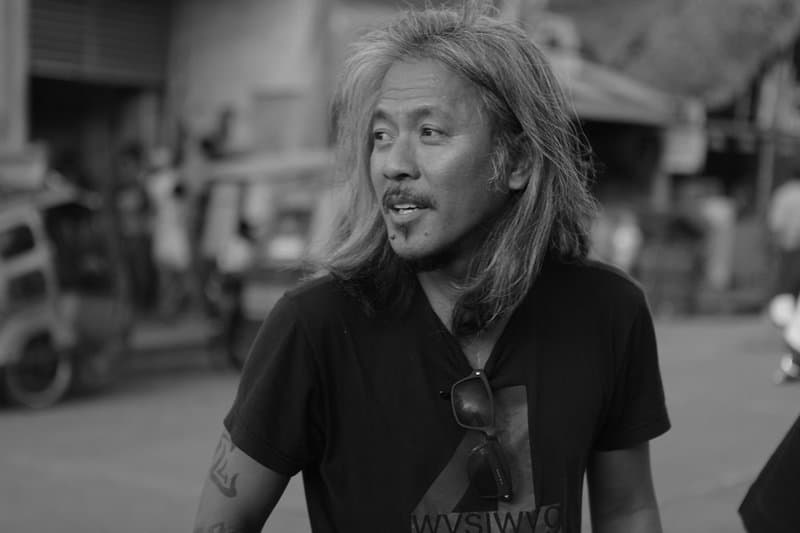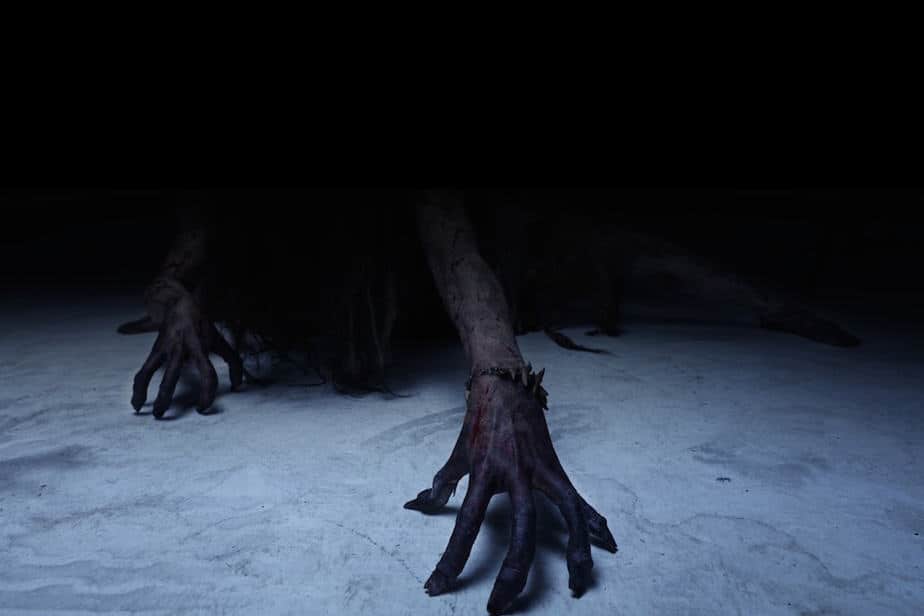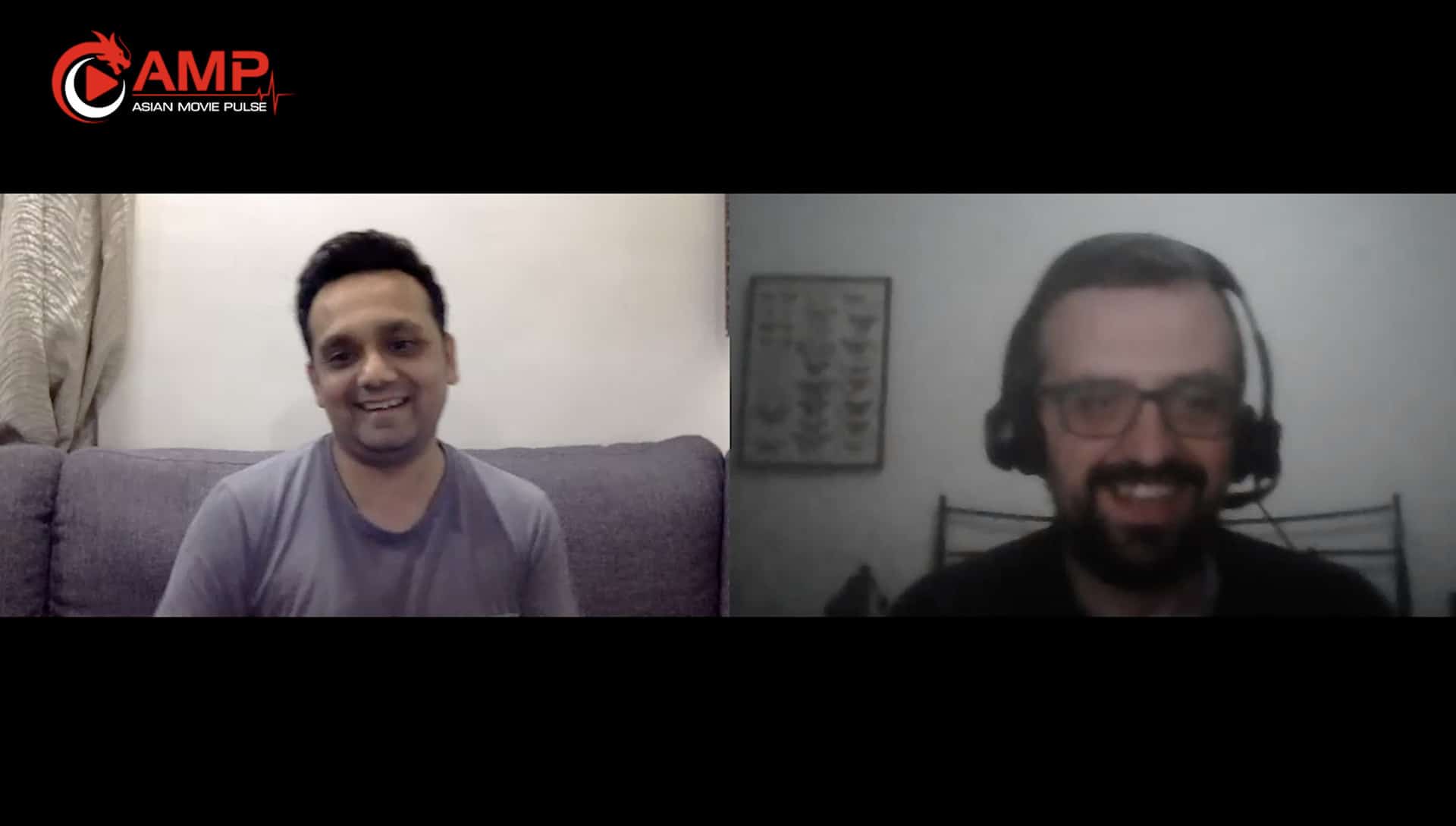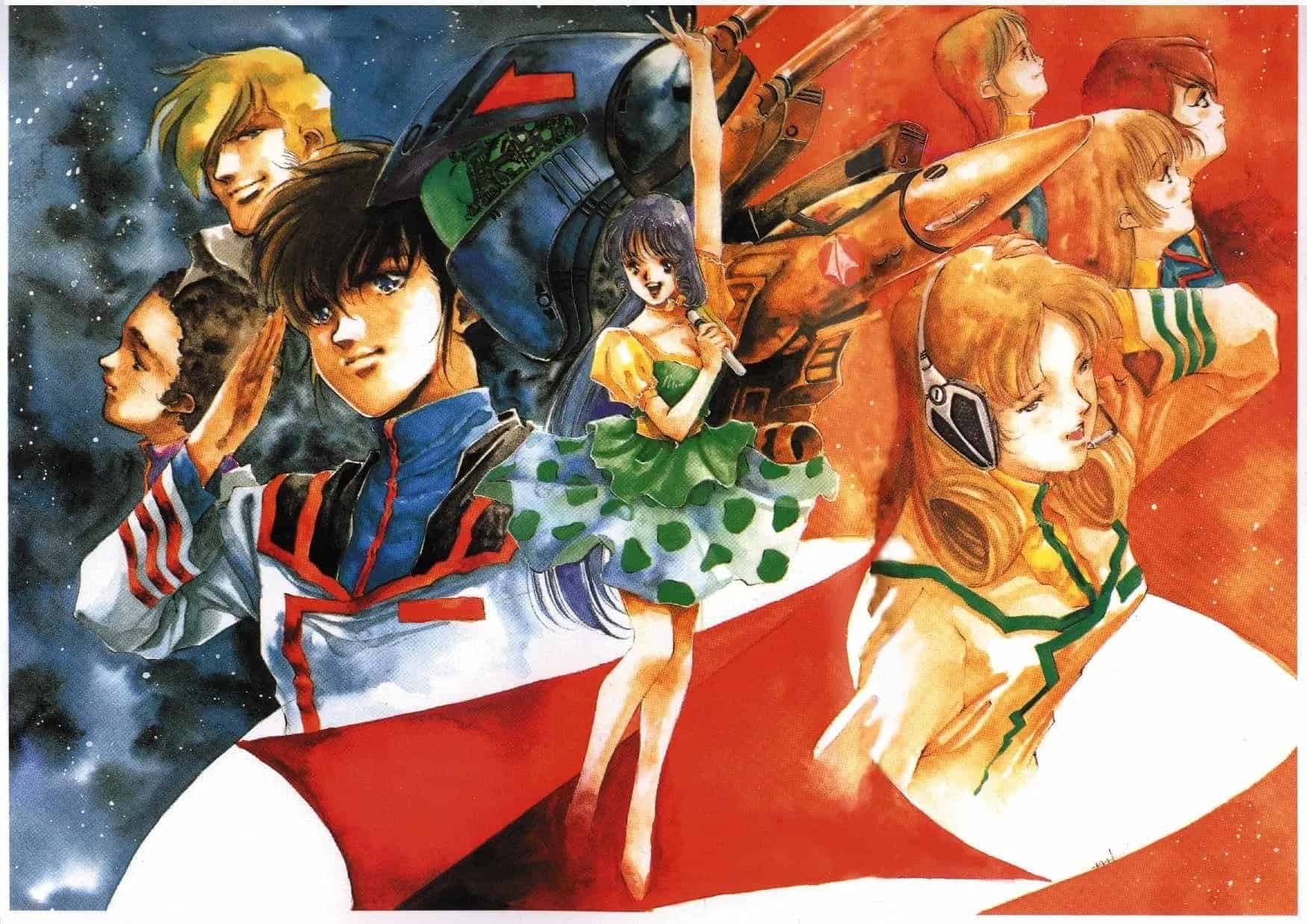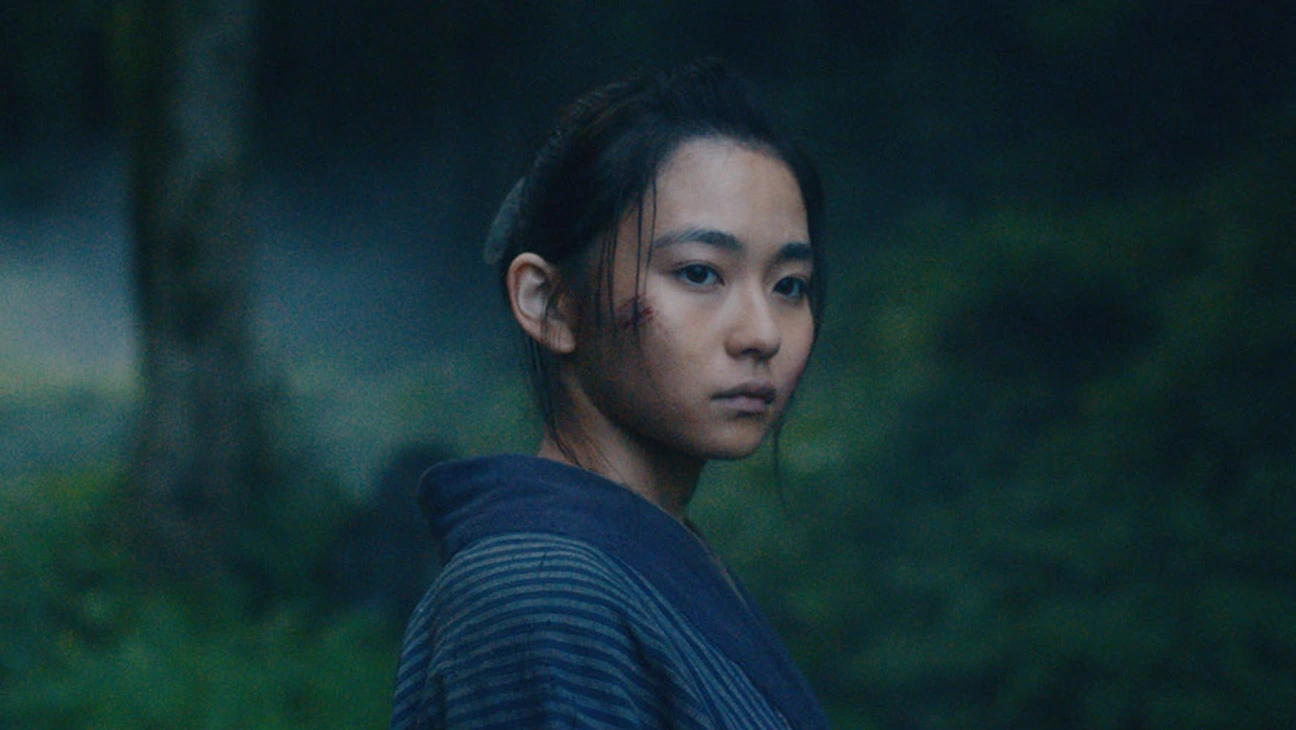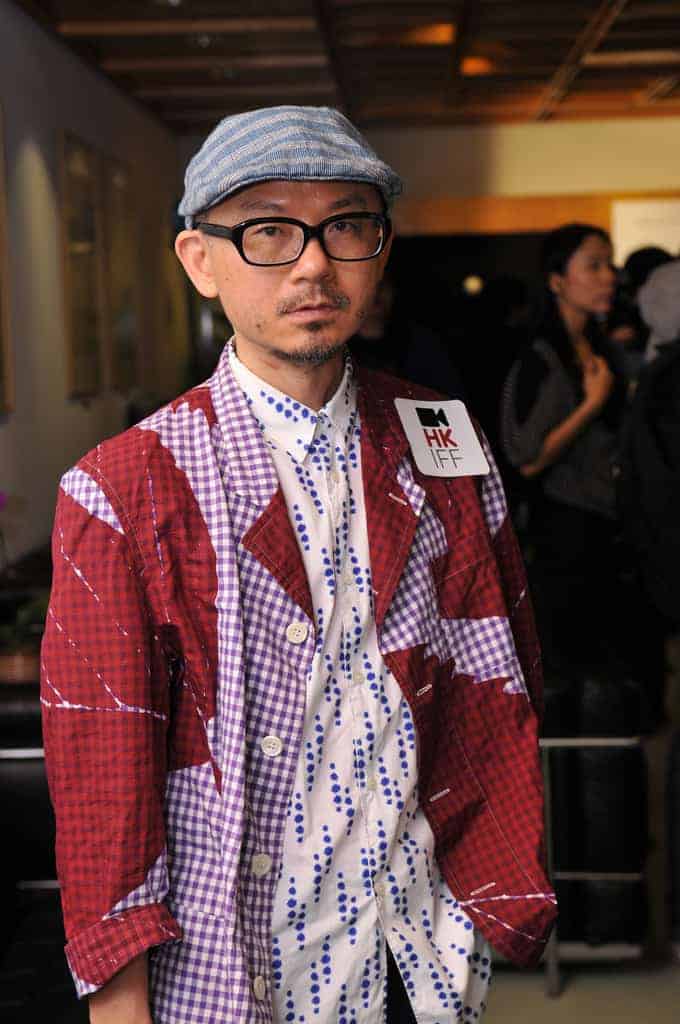It is the perfect time to reflect on some of the essential works of filmmaker Hideaki Anno (b. 1960) in culmination with the recent release of his latest feature, “Shin Kamen Rider.” From his days as an animator to becoming one of Japan's most renowned directors working today, the postmodernist auteur has captivated and certainly polarized moviegoers with his unique line of work both in animation and live-action filmmaking. Taking influence from his favorite pieces of entertainment and his personal life experiences, Anno has become widely recognized for his extraordinary visual style, superb editing, and nonconformist approach to storytelling with the mental deconstruction and psychological examination of his characters. Anime fans likely know him best for his hit series “Neon Genesis Evangelion,” a show that has since then become a recognizable staple of Japanese media culture that would spawn numerous movies. Recently, he contributed as the screenwriter and producer of the spectacular superhero flick “Shin Ultraman,” directed by frequent collaborator and friend Shinji Higuchi. Despite having a notoriously eccentric fandom and an unorthodox style, there is no doubt that Anno has made some terrific films that continue to wow audiences with their emotional weight and appealing aesthetics.
1. The End of Evangelion (1997)
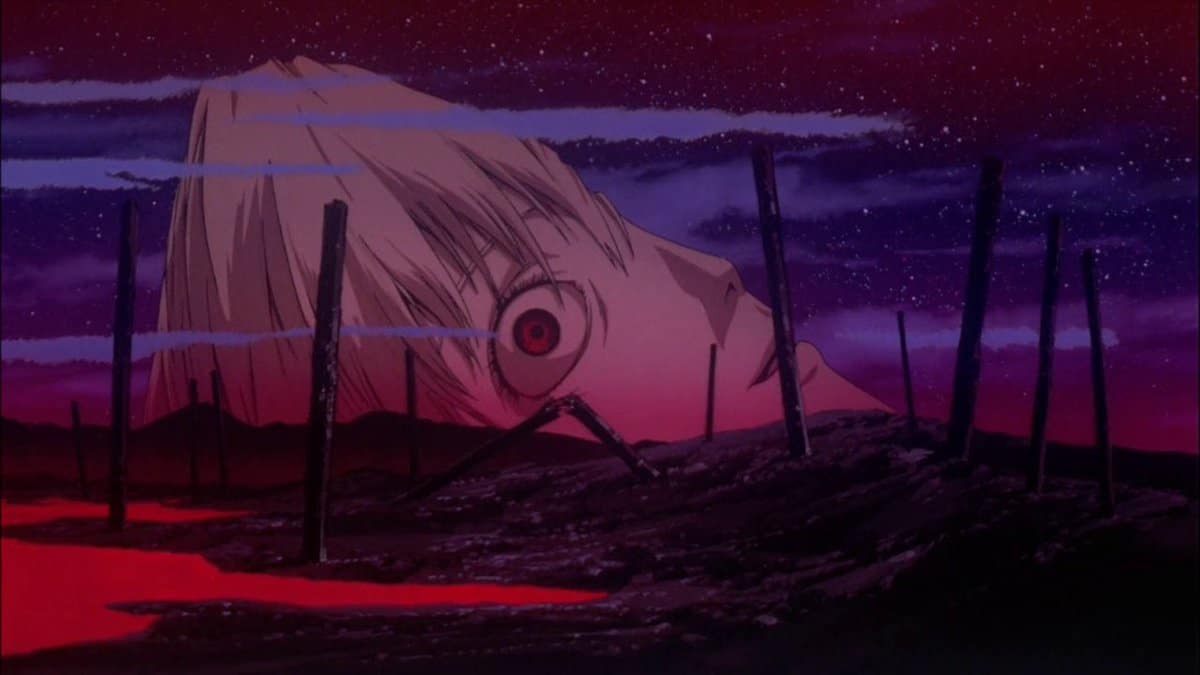
Following the negative reception of the series finale for “Neon Genesis Evangelion,” Hideaki Anno and Kazuya Tsurumaki, in an animation collaboration between Gainax and Production I.G, would construct an alternate ending to the show as a film. The result is the beautifully animated epic “The End of Evangelion.” The stakes are raised as an all-out war ensues, and catastrophe transpires as the world's fate falls into the hands of the show's main character Shinji Ikari. It is dramatically enthralling, going from disturbing and nightmarish to epic and heartbreaking. However, at points, signs of hope are given. Finally, it all concludes with a haunting ending. Years later, the popular mecha franchise would follow up with the film series “Rebuild of Evangelion,” which recently concluded with “Evangelion: 3.0 + 1.0 Thrice Upon a Time.” Yet, “The End of Evangelion” hasn't lost any of its emotional power.
2. Love & Pop (1998)
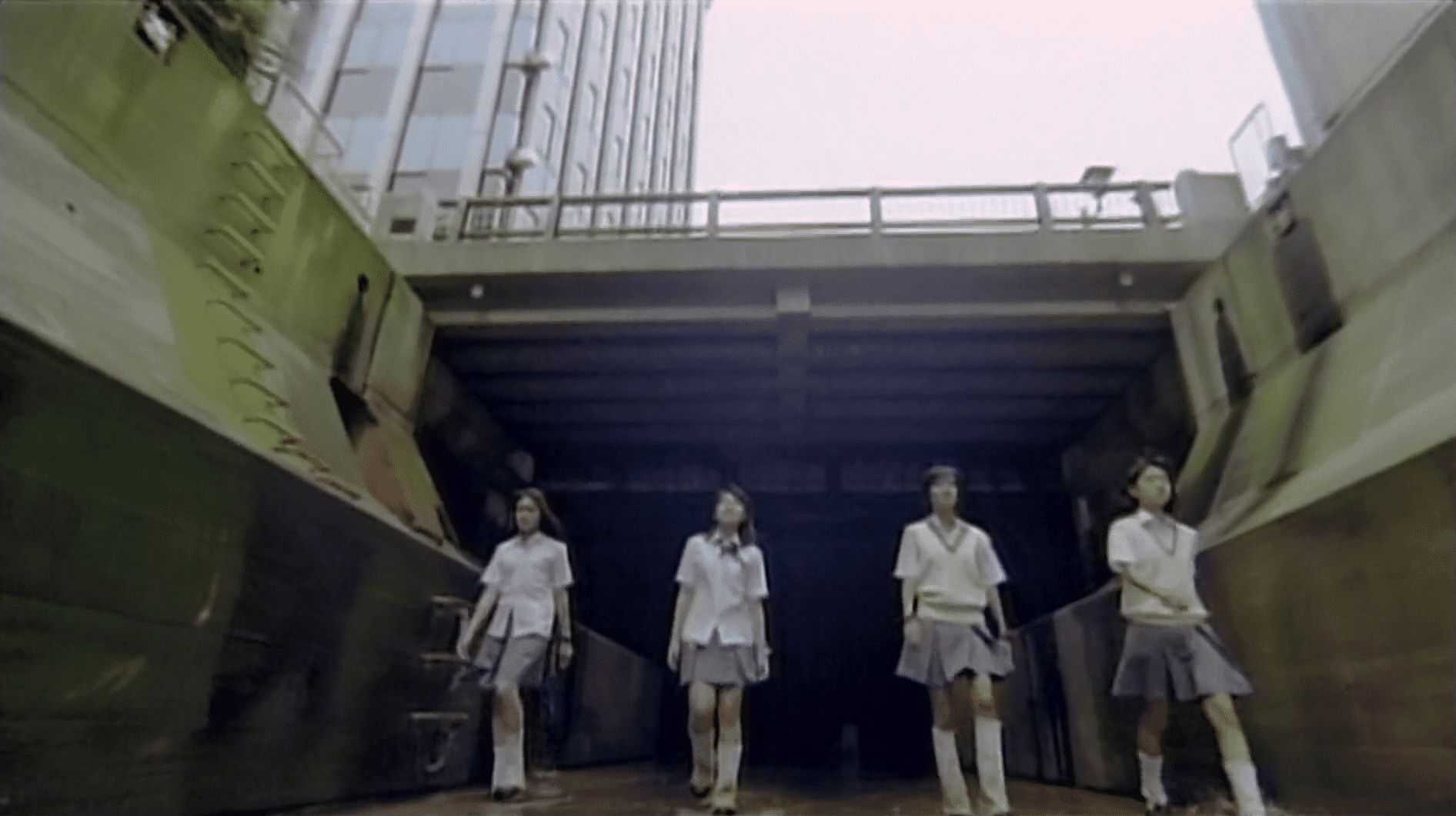
For Hideaki Anno's first live-action film, he would direct an experimental low-budget existential project based on Ryu Murakami's novel “Topaz II.” “Love & Pop” is both a powerful coming-of-age story and a confrontational look at the disturbingly perverted behaviour that lurks within Japan from the perspective of school girls. The story follows Hiromi, played by Asumi Miwa in her first lead role. She finds comfort in the presence of her friends, often frequenting the streets of Tokyo. However, she becomes roped into the practice of enjo-kosai, in which young girls hang out with older men in exchange for money; some of the favours escalate to prostitution. Eventually, Hiromi wants to purchase an expensive ring and, not wanting to burden her friends, decides to participate further in the alarming transactional practice to earn more funds. Unfortunately, she falls into a dark world when she becomes a victim of disturbed predators, one of which is played by popular star Tadanobu Asano. The movie is brilliantly acted, heartbreaking, and a haunting tale of the loss of youthful innocence through a flawed society. One could say this picture was Anno's crackdown on the darker side of otaku culture. With all this, the feature is presented through a unique visual style primarily shot with hand-held digital cameras, giving it a dream-like atmosphere that also encompasses the characters' emotions.
In his review of the film, Panos Kotzathanasis addresses this regarding the movie's filmmaking style:
Ryu Murakami's books usually implement a sense of disorientation, which is also communicated here through Hiroshi Okada's editing, through the rapid succession of many different scenes and the cinematography tactics. The use of sound, which includes narration from different female voice and a number of voice messages the girls use to communicate with potential customers and occasionally with each other, also moves towards the same direction. (Panos Kotzathanasis)
Buy This Title
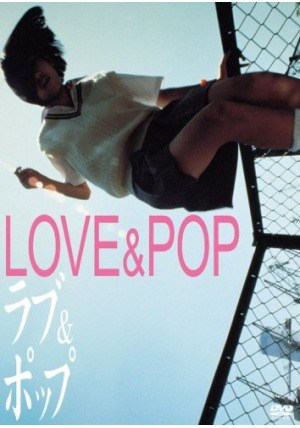
3. Ritual (2000)
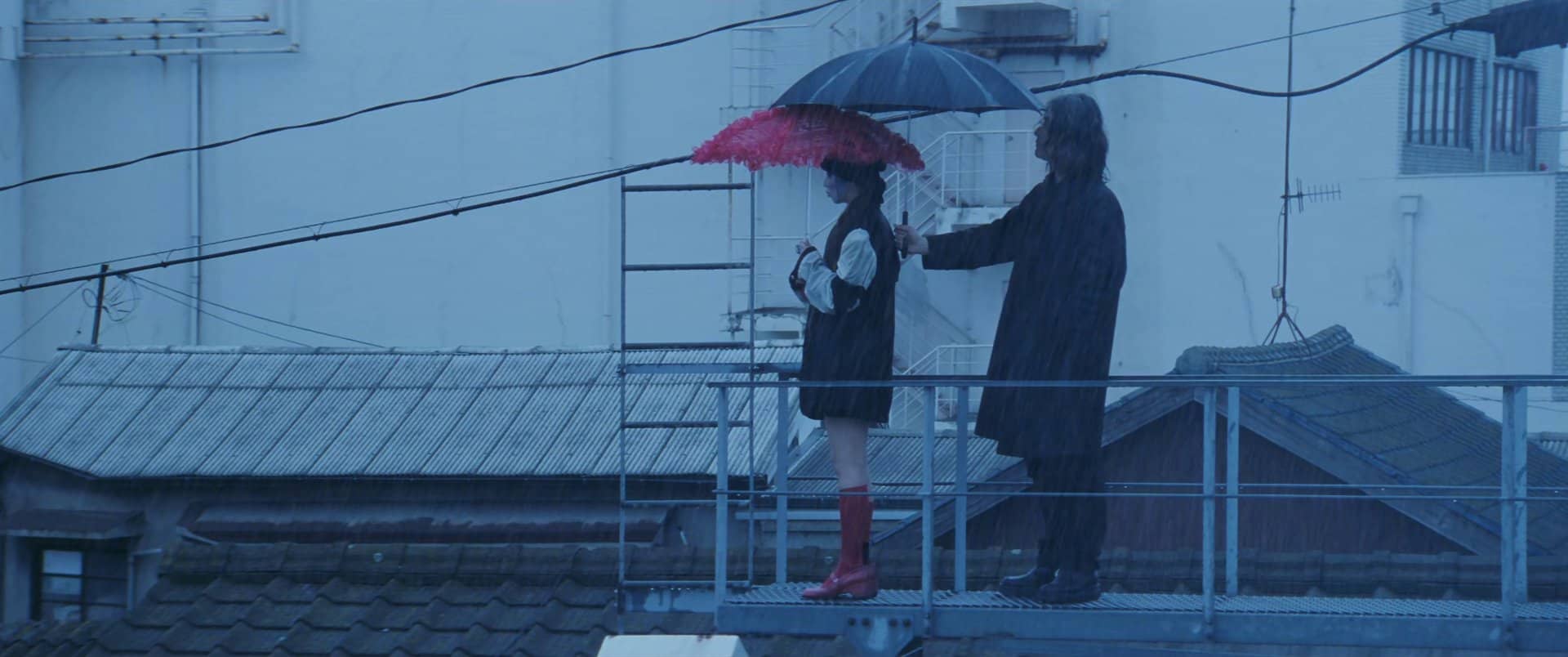
“Ritual” is an emotionally complex film about overcoming personal traumas. Hideaki Anno based the picture on a short story named “Tohimu,” written by Ayako Fujitani, who also stars in the film. When a struggling filmmaker crosses paths with a woman with a peculiar habit of practicing a daily ritual, the two befriend each other and eventually become inseparable. It is gradually revealed that the girl is damaged from traumatic experiences in her past, so the director sets out to help her while she aids him through his state of depression. The movie is a visual delight with gorgeous cinematography, magnificent set pieces, and Anno's usual striking art direction. Further anchoring the feature is a fantastic performance by Ayako Fujitani, who based much of her character on many of her own experiences. Appearing alongside her in his only major acting role is filmmaker Shunji Iwai. The story engages with its very personal look at people trying to help one another through their struggles while reminding audiences that we are all human and can grow from past grapples.
4. Cutie Honey (2004)
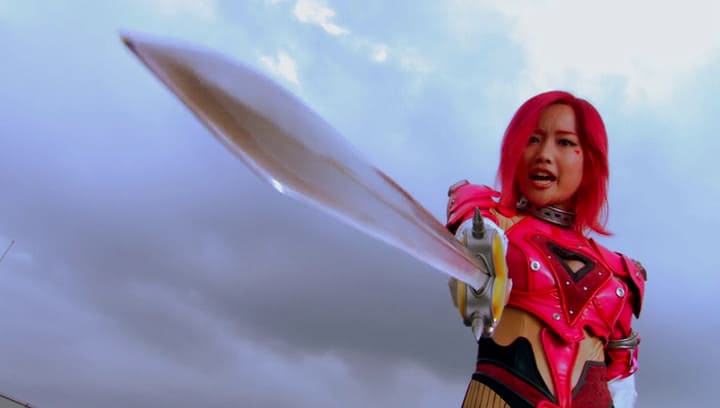
Based on the Go Nagai manga and anime series of the same name, “Cutie Honey” is quite a detraction from Hideaki Anno's usual work. It is a tale of good vs.evil, with the bubbly lead Honey defending humanity against a plethora of ridiculous villains while also trying to avenge her father. After years of projects with a more pessimistic look at humanity, Anno instead goes for an upbeat, campy, over-the-top action comedy filled to the brim with humour, entertaining action sequences, and amusing, albeit, crude special effects. Eriko Sato shines as the lead, as do many other actors who give equally colourful performances, including Anno regulars Mikako Ichikawa and Jun Murakami.
5. Shin Godzilla (2016)

Beyond being an entertaining giant-monster film, “Shin Godzilla” is a captivating dark political satire that tears apart flawed government practices amid a catastrophe. Inspired by the Japanese government's handling of the horrifying 3/11 Tohoku earthquake and tsunami, which also would trigger a nuclear disaster in Fukushima, the film makes for a suspenseful viewing experience held together by terrific performances and a great screenplay. Actors such as Hiroki Hasegawa, Satomi Ishihara, Mikako Ichikawa, and Ren Osugi shine here, along with writing that perfectly blends humor and drama. Filmmaker Shinya Tsukamoto even makes an appearance as one of the side characters. Along with all this, it is its rich themes that give the movie extra layers. These thematics include the idea of a country doing everything to sustain itself against impending disaster as well as countries putting aside their biases to aid one another against a threat, eerily relevant in an age where the world is still learning to live with the ongoing global COVID-19 pandemic. On top of this, the initial idea of what Godzilla represents is reinstated here, which is the dangers of nuclear weaponry.
From his review, Panos Kotzathanasis writes this:
Hideaki Anno directs a very different Godzilla movie, with the help of Shinji Higuchi, who is also responsible for the outstanding special effects. The film has a very fast pace and very sharp editing, as the setting changes constantly, and the presentation looks like a news broadcast on TV. In that fashion, and by presenting the consequences first, Anno manages to build the tension before the monster appears. Furthermore, through the transformations (each one is more impressive that the last), he manages to retain the agony for quite some time. In that fashion, when Godzilla eventually appears in its full form, the impact is huge. (Panos Kotzathanasis)


